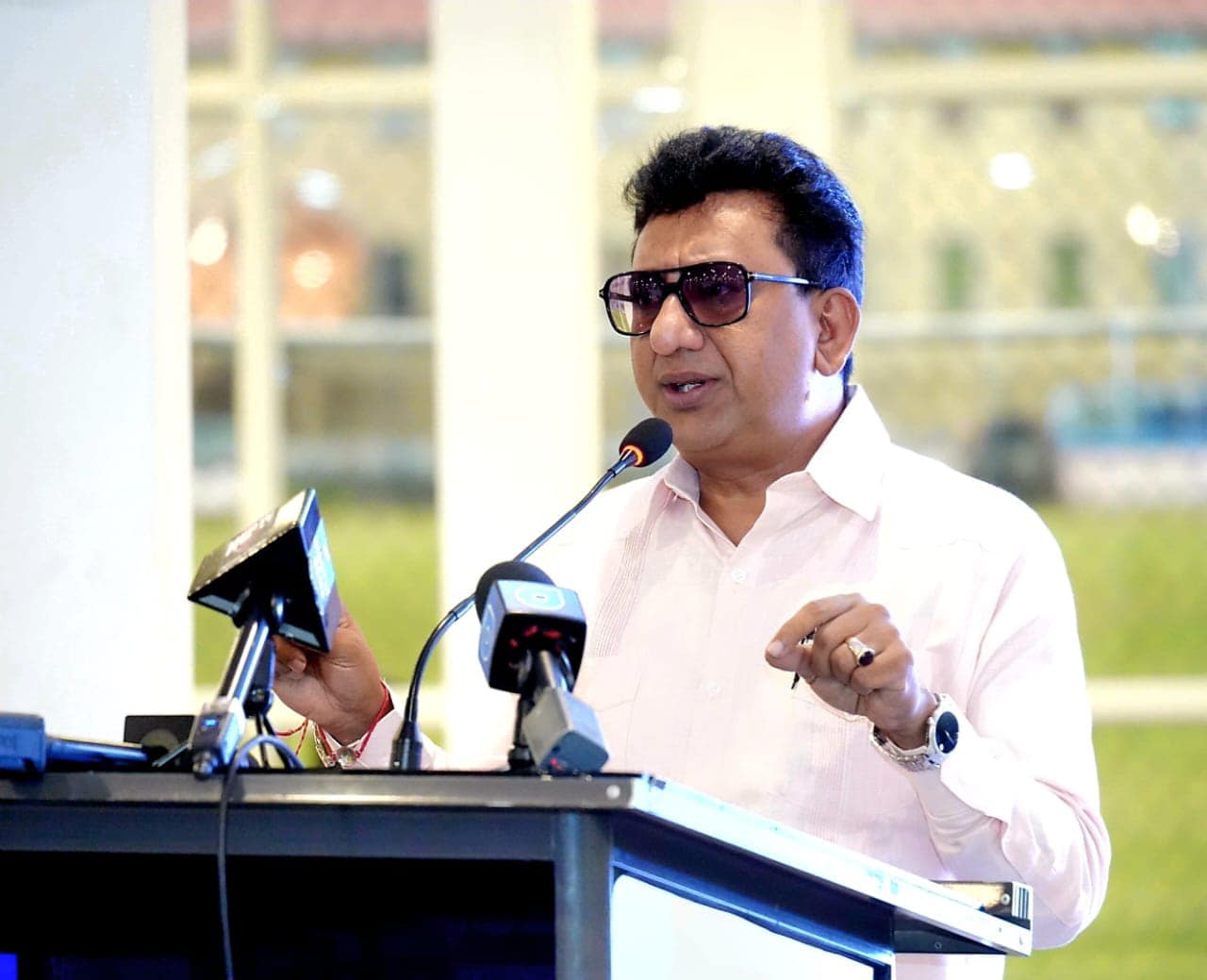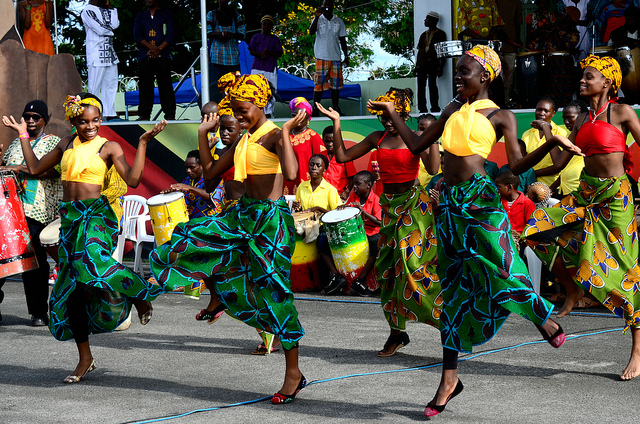See full statement below.
On the 182nd Anniversary of the Emancipation of the Slaves, the People’s National Congress Reform (PNCR) joins other Guyanese organizations and the Guyanese people in general, in commemoration of this most important milestone in our country’s march towards social and economic independence.
On the first of August 1838, descendants of Africans in Guyana regained their freedom after two centuries of enslavement. Every August, therefore, it is fitting that the entire Guyanese nation should participate in the public celebration to commemorate not only the bloody sacrifices of the Africans who struggled, suffered and were slaughtered for the sake of the freedom we all enjoy today but also the birth of the nation itself which was the consequence of Emancipation.
In fact, Emancipation is Guyana’s most important national celebration. It marks the start of the most significant demographic change through the coming of various ethnic groups – mainly the Portuguese, East Indians and Chinese; the transformation of the coastal landscape through the creation of free villages; the diversification of the economy into the production of food crops, gold-mining and logging; and, eventually, the liberation of society through the popular movements for labour organisation, constitutional reform and political mobilisation.
In celebrating Emancipation, we celebrate the diversity of the Guyanese nation and the rich cultural heritage of all our people. Emancipation was not for few, but for all. It is true that the African foreparents of the Guyanese people fought for freedom 257 years ago in the Berbice Revolt led by Kofi; 197 years ago in the Demerara Revolt inspired by Kwamina; 186 years ago in the Essequibo Revolt led by Damon; and in so many other places at many other times. Today, Guyanese of all races are the beneficiaries and heirs of our nation’s first freedom fighters.
After Emancipation, the free people established village communities which became the crucible of what became recognised as African-Guyanese culture which rested securely on the foundation of freedom and was manifested in their adherence to the church – almost every African was a Christian and almost every village had at least one church; the family home – regardless how poor, everyone was a member of a family and had a home in which to live; the school – in which they were enabled to achieve near universal literacy; and the farm – the provision grounds which made Guyana a major exporter of vegetables to the Eastern Caribbean by early in the 20th Century.
This was the Emancipation Covenant for which the foreparents of the African-Guyanese fought – freedom; faith; family; education and labour. Emancipation was about liberation, not just from enslavement on the plantation, but from all forms of restrictions that prevented them from enjoying a dignified life. They understood that Emancipation was not a single event that occurred on August 1. It was the start of a continuous process in which the emancipated must continuously emancipate themselves.
Emancipation, after all, was not a finite event that ended 182 years ago. Rather, it was the start of a long, continuous process which must aim at affording a higher quality of life to Guyanese of every race.
Happy Emancipation Day!












